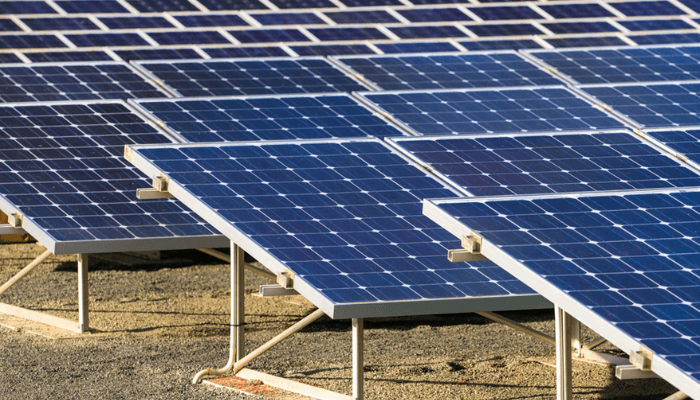The Nigerian government has launched a major initiative to electrify over 3,700 primary healthcare centers across the country using renewable energy sources.
The project, known as e-H.E.A.R.T. (Electrification of Healthcare and Educational Facilities for Resilience and Transformation), is backed by a $1.7 billion investment from the World Bank, African Development Bank, and the International Finance Corporation (IFC).
Abba Aliyu, managing director of REA, reassured that the Nigerian government is firmly committed to advancing renewable energy to improve electricity access nationwide. He noted that Renewable Energy Service Companies (RESCOs) have been thriving in the country, benefiting from private sector funding.
He disclosed that 195,198 connections have been made with 183 communities and 12 markets among the beneficiaries.
Aliyu said the project would provide uninterrupted power supply to 3,700 primary healthcare centres, 25 schools per state and FCT, 25 communities in each state and FCT, and solar-powered tricycles and charging stations across the 36 states and the Federal Capital Territory.
Read also: Reps to probe $2bn renewable energy grants
“There is global acceptance of renewable energy right to address electricity access challenge. I want to state that there was never a time in this country when the renewable energy sector received the level of attention and support that we are getting from this government. The first act the President signed when he assumed office is the Electricity Act and this is the reason why we are here. It is the basis why all the commissioners from the states are here and it is the reason why we have much more opportunities for states and local governments to get involved in the electricity sector”, he stated.
He urged the sub-national governments and private sector to key into the several programmes of the Federal Government to ensure the provision of sustainable and quality power supply to Nigerians.
Aliyu added, “Looking at the next year. With the support of the Mr. President and the Honorable Minister of Power, we are going to do much bigger things next year. We will start commissioning projects from the Desert to Power project to be funded by the Africa Development Fund to occasionally a $700m project as well.
“We will start another ambitious project, the National Power Central Solarization Initiative, an ambitious domesticated public sector-funded project that will start next year. The program and the funding of this project have already been provided by the Mr. President and we will announce it after the approval of the budget. The state government should be ready to make use of the electrification act and take advantage of these different opportunities being created.”
The Rural Electrification Agency is championing the development of renewable energy to boost supply to education, health, agriculture, rural communities, and transportation sectors.
The Federal Government on its part says it has shifted its focus to the renewable energy sector to enhance supply to the education, health, agriculture, rural communities, and transportation sectors.
It also said that deploying mini-grids to solve energy access problems in rural communities through the e-HEART project will benefit 80 million Nigerians who are estimated to lack electricity, thereby creating sustainable economies and reducing rural-urban drift in Nigeria.
As part of this strategy, the government has also earmarked another $700 million from the African Development Bank to fund the “Desert to Power” project, which seeks to harness the abundant sunlight in the northern region of the country to generate renewable energy for communities.
Speaking at the engagement workshop Adebayo Adelabu, minister of power said off-grid electricity supply has become a key component of the government’s plan to bridge the electricity supply gap.
Adelabu, represented by the director, renewable and rural power access, Sunday Owolabi, expressed optimism that the various projects in the renewable energy sector would impact at least 13 million Nigerians.
He said the new $750 million loan from the World Bank will help resolve to an extent the ongoing challenges in achieving a steady power supply from the national grid.
He said, “The dichotomy between on-grid and off-grid solutions should no longer be seen as a division but as complementary components of a holistic energy strategy.
“As we speak, the nation continues to grapple with peculiar on-grid energy challenges. We are able to openly speak about these challenges because, since we assumed office, the Ministry has been hard at work, day-by-day, tackling these challenges and converting them into opportunities for growth.
“At the recent Federal Executive Council, His Excellency approved €161 million worth of contracts for the upgrade of power substations under the Presidential Power Initiative. I am happy to assure you that we are on course to deliver an additional 150MW to the grid while impacting 14 existing substations and establishing 21 new ones.
“The team at the Rural Electrification Agency have also been hard at work as we approach the kick-off of the Distributed Access through Renewable Energy Scale-up programme, which I believe many of you must have heard about. Our partners at the World Bank have committed $750m to this groundbreaking project and we are certain that over 13 million Nigerians will be impacted through the DARES (Distributed Access through Renewable Energy Scale-up)”.
